8 GPTs for Non-Verbal Communication Powered by AI for Free of 2025
AI GPTs for Non-Verbal Communication refer to the specialized use of Generative Pre-trained Transformers in interpreting, generating, or facilitating non-verbal cues. This encompasses a range of tasks from understanding gestures and facial expressions to synthesizing these elements in virtual settings. These AI tools are essential in fields where non-verbal cues significantly impact interactions, enhancing digital communication by making it more intuitive and human-like. By leveraging GPTs, developers and researchers can create systems that better recognize, interpret, and simulate the nuanced aspects of non-verbal communication, thus bridging the gap between human and machine interaction.
Top 8 GPTs for Non-Verbal Communication are: A Man's Guide on how to Save Your Marriage,Dog Language,Body Language Tutor,🧐 FaceReader Pro Expert 🕵️,Mood Detective,Approach Advisor,Hidden Feelings,Sign meaning?
A Man's Guide on how to Save Your Marriage
Revitalize Your Marriage with AI-Powered Insights

Dog Language
Understanding Dogs, Enhancing Bonds
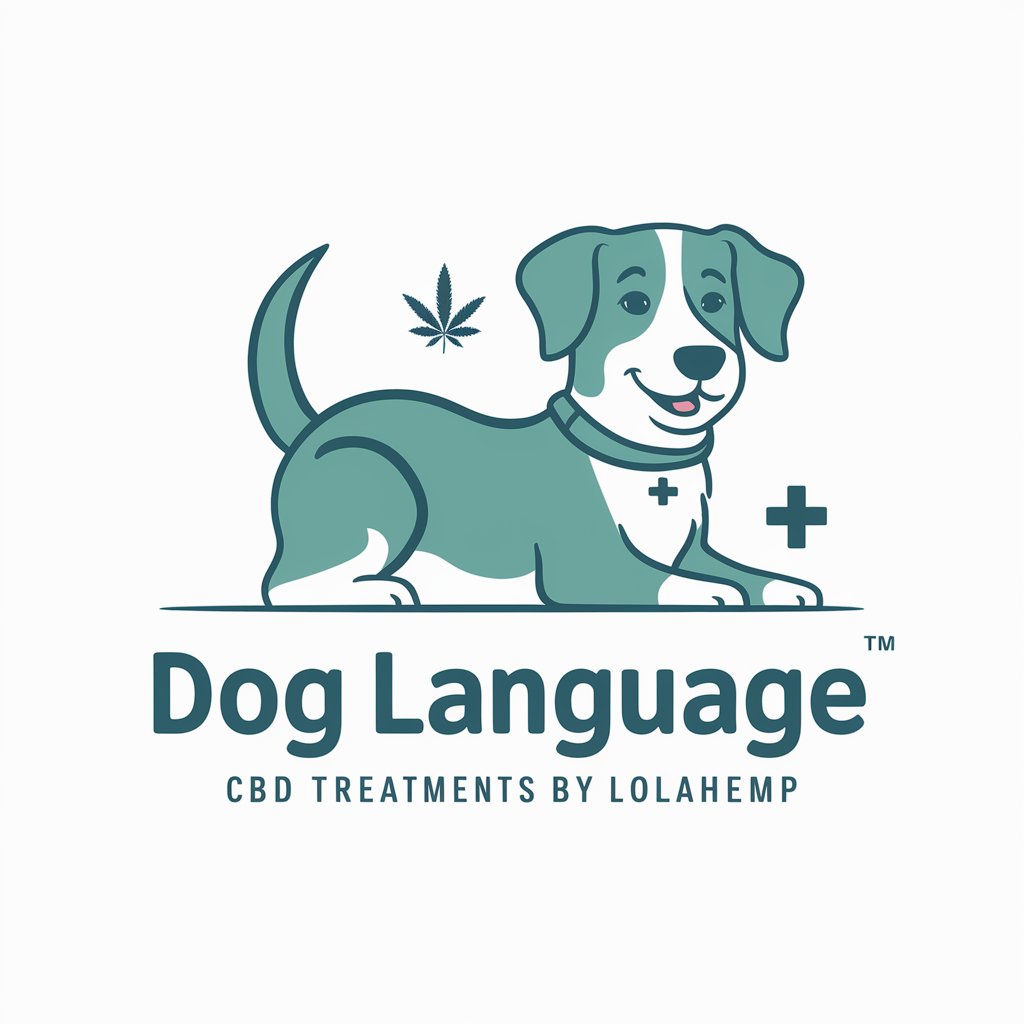
Body Language Tutor
Empowering communication through AI-driven body language insights.

🧐 FaceReader Pro Expert 🕵️
Unlock emotions with AI-powered analysis
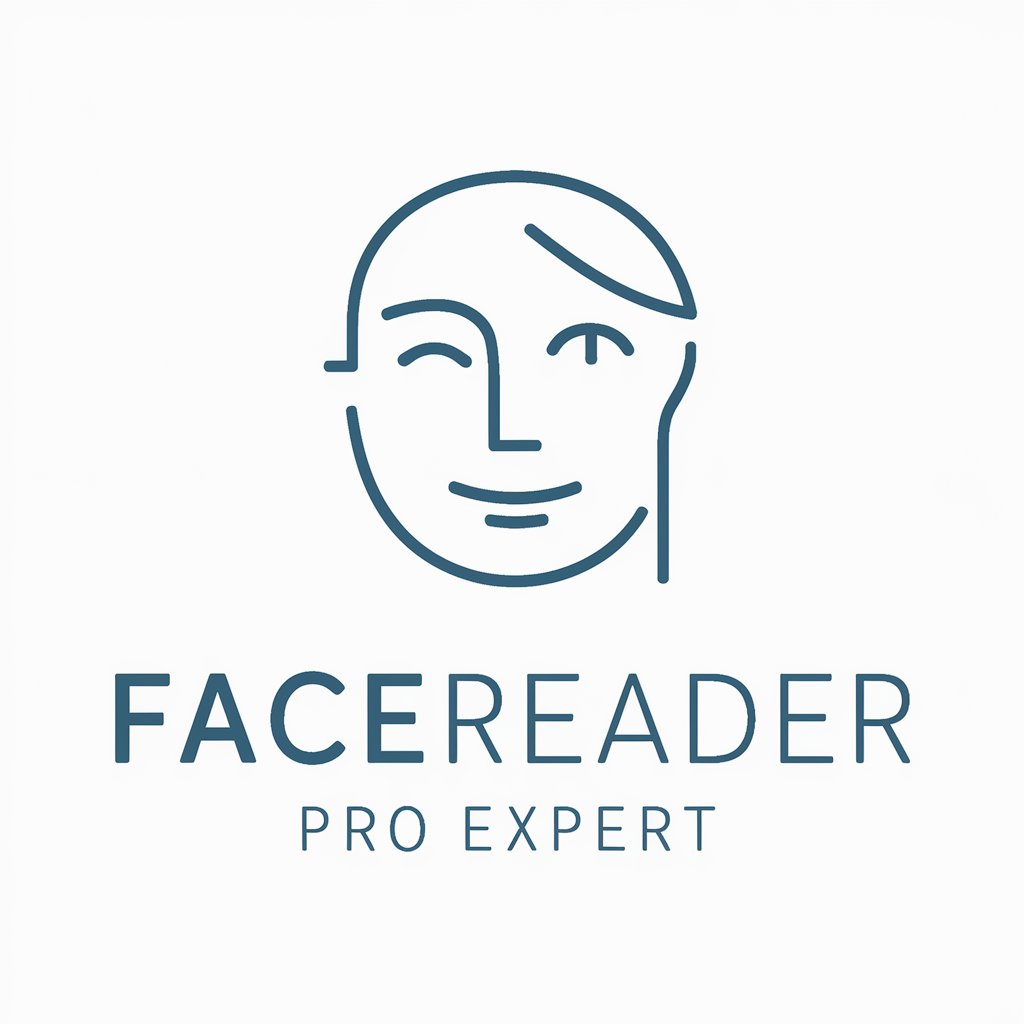
Mood Detective
Decipher emotions, enhance understanding
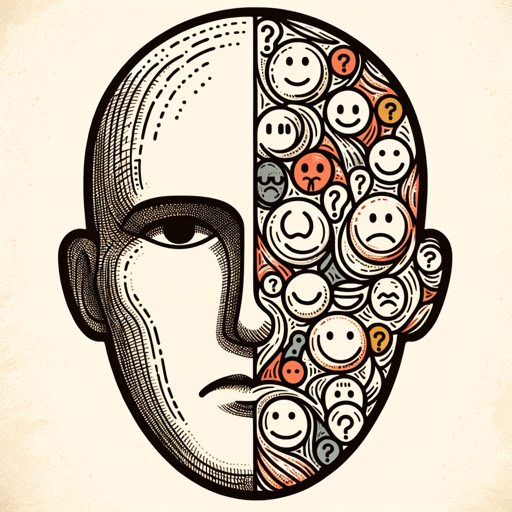
Approach Advisor
Elevate Conversations with AI-Powered Advice
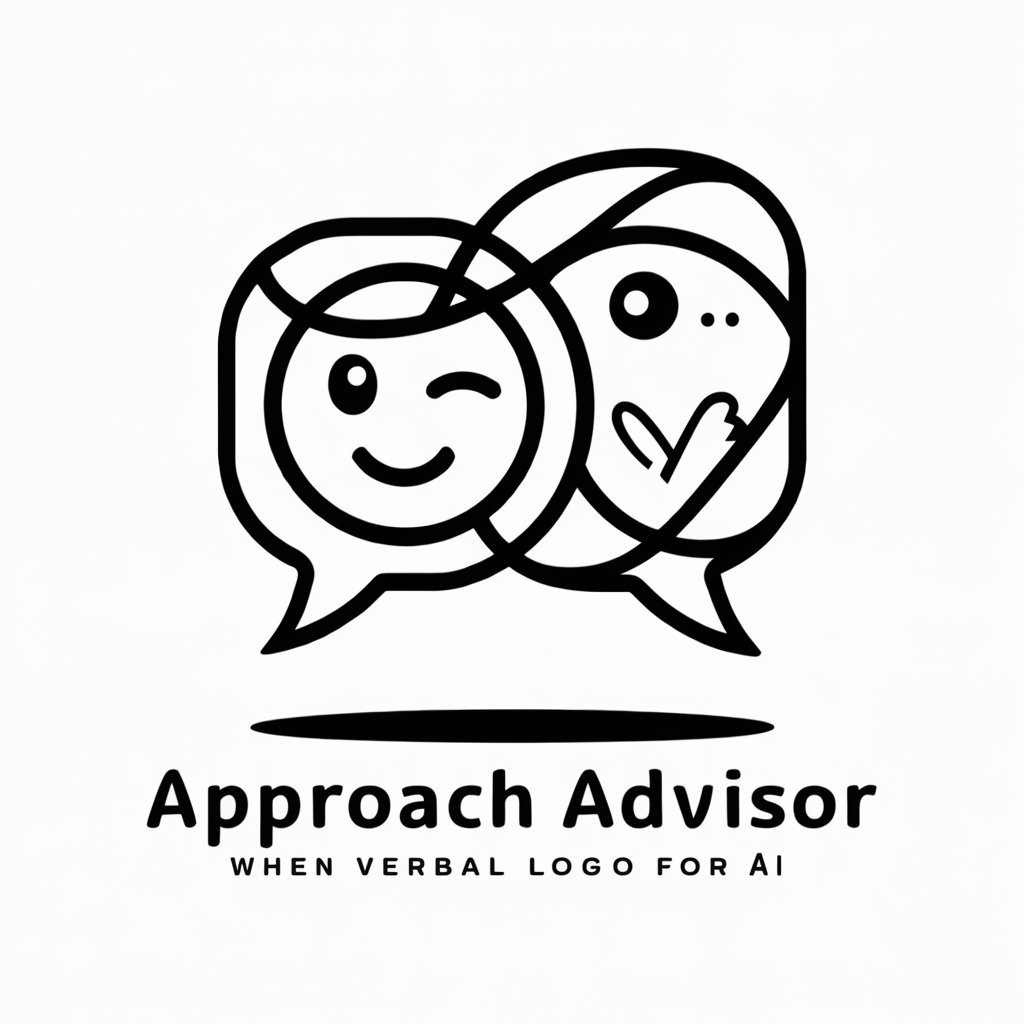
Hidden Feelings
Decipher emotions, enhance understanding
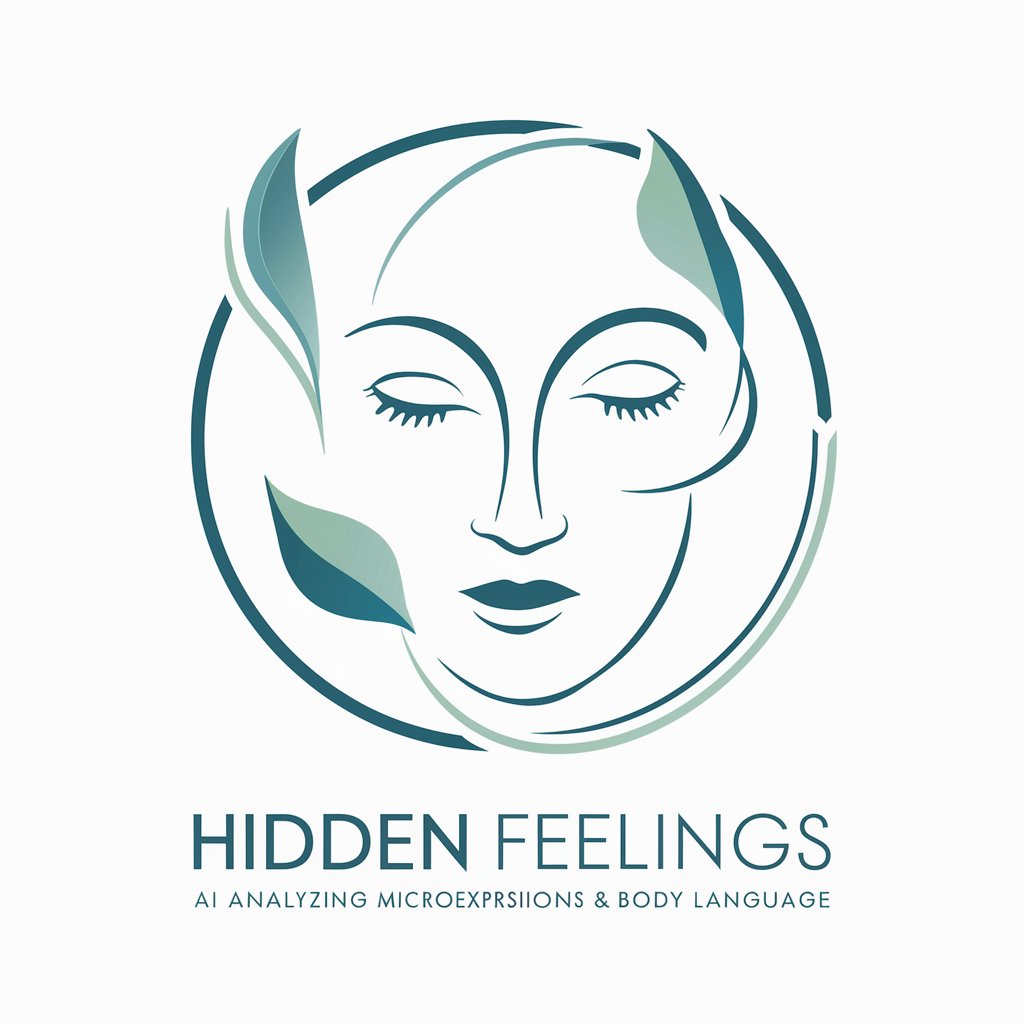
Sign meaning?
Unlock meanings with AI-powered interpretation.
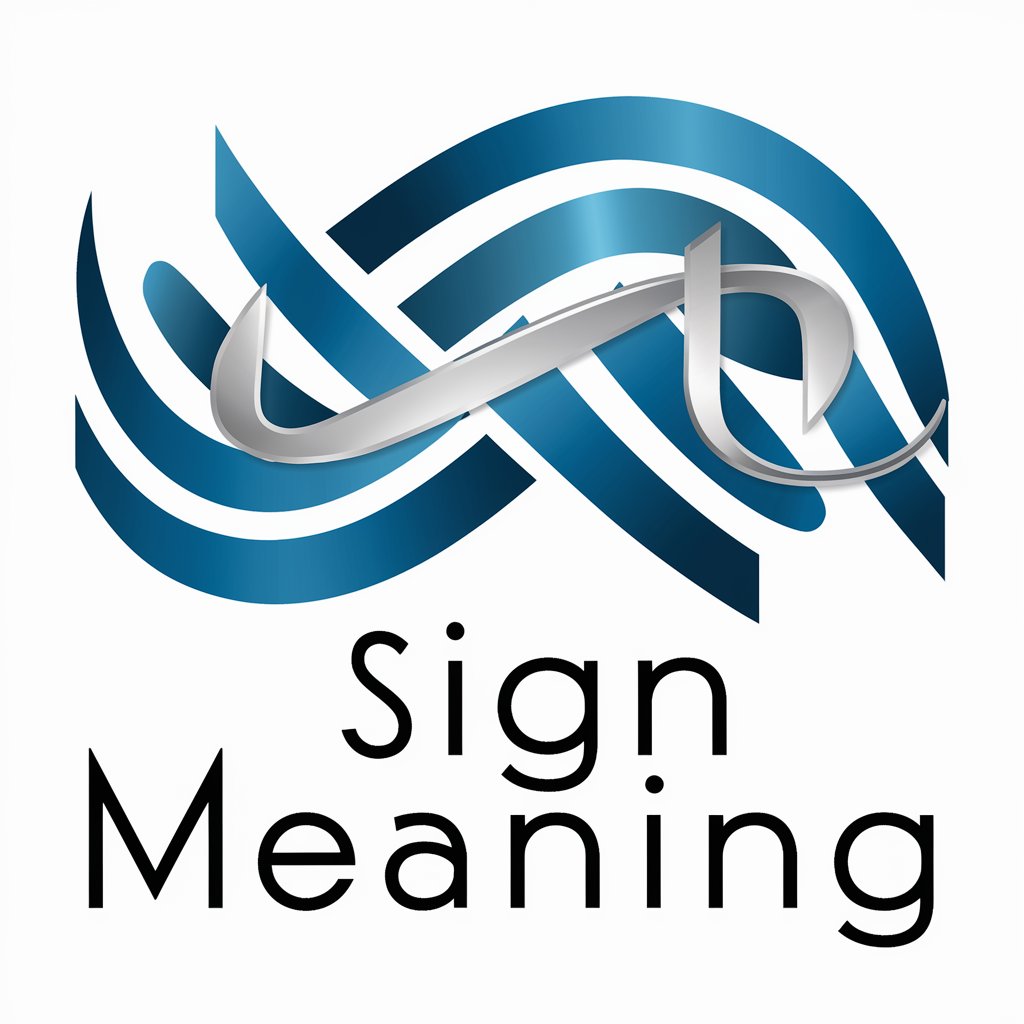
Distinctive Attributes and Functionalities
AI GPTs for Non-Verbal Communication stand out for their ability to learn and adapt to a wide range of non-verbal cues. These include, but are not limited to, facial expressions, gestures, and body language interpretation. With advanced machine learning techniques, they can understand context, recognize patterns, and even generate non-verbal responses in virtual environments. Special features may include real-time gesture recognition, emotion detection from facial cues, and the generation of avatars that mimic user reactions. These capabilities enable a more nuanced and comprehensive approach to digital interactions, where non-verbal cues play a critical role.
Intended Users of Non-Verbal Communication AI
AI GPTs tools for Non-Verbal Communication are beneficial for a broad spectrum of users, including tech novices, AI developers, and professionals in fields like psychology, communication, and digital interaction design. These tools are designed to be accessible to individuals without extensive coding knowledge while offering advanced customization options for tech-savvy users. This inclusivity ensures that anyone interested in enhancing digital communications with non-verbal cues can leverage these AI capabilities, whether for personal projects, academic research, or commercial applications.
Try Our other AI GPTs tools for Free
Canine Welfare
Discover how AI GPTs for Canine Welfare revolutionize dog care with tailored advice, training tips, and health insights, making expert knowledge accessible to all.
Health Information
Explore AI-powered GPTs for Health Information, offering intuitive access to medical insights and personalized health data analysis for professionals and enthusiasts alike.
Medical Guidance
Discover how AI GPTs for Medical Guidance are transforming healthcare with accurate, data-driven insights and support for professionals and patients alike.
Creative Conversations
Discover AI GPTs for Creative Conversations: innovative tools designed to enhance creativity and ideation through dynamic, AI-powered dialogues. Perfect for creatives seeking fresh perspectives and ideas.
LGBTQ+ Inclusivity
Discover AI GPT tools designed for LGBTQ+ Inclusivity, offering tailored, respectful, and affirming digital interactions. Perfect for organizations and creators aiming to foster inclusivity.
Educational Comprehension
Unlock the potential of AI in education with GPT tools designed for enhanced learning comprehension. Tailored solutions for students, educators, and professionals.
Expanding Horizons with Non-Verbal Communication AI
AI GPTs for Non-Verbal Communication are paving the way for more natural and intuitive digital interactions, significantly impacting various sectors. From enhancing virtual meetings with lifelike avatars to improving user engagement in digital learning environments, these tools offer versatile applications. Their user-friendly interfaces and integration capabilities make it easier than ever to incorporate advanced non-verbal understanding and generation into existing systems or workflows, offering a glimpse into the future of human-computer interaction.
Frequently Asked Questions
What exactly does AI GPT for Non-Verbal Communication do?
AI GPTs for Non-Verbal Communication analyze, interpret, and generate non-verbal cues such as gestures, facial expressions, and body language, enhancing digital interactions.
Who can benefit from using these AI tools?
Novices, developers, and professionals in communication, psychology, and user interface design, among others, can significantly benefit from these tools.
Do I need programming skills to use these tools?
No, many of these tools are designed with user-friendly interfaces that require minimal to no programming skills.
Can these tools integrate with existing digital platforms?
Yes, many GPTs for Non-Verbal Communication offer APIs and SDKs for integration into existing systems or platforms.
How do these tools learn and adapt to new non-verbal cues?
They utilize advanced machine learning and neural network algorithms to continuously learn from data inputs, improving their accuracy over time.
Can these AI tools generate human-like non-verbal cues?
Yes, they can generate virtual avatars or characters that mimic human-like non-verbal cues for more immersive digital interactions.
What are the privacy implications of using these tools?
Developers and users must adhere to strict privacy guidelines and regulations to protect sensitive data, especially when analyzing facial expressions and body language.
Are these tools accessible for academic or research purposes?
Yes, many providers offer access for academic and research applications, potentially with special licensing agreements or discounts.